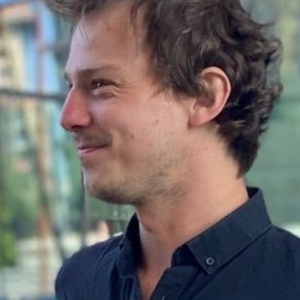

Time and again, we find ourselves confronted with a perennial question: what is the purpose of studying history? Most historians agree that the past is worth studying for its own sake. Yet this answer often falls short whenever they ‘do’ history beyond the ivory tower – which is increasingly seen as an integral part of the historical profession.
This course explores the many ways history is ‘used’ in society and examines how historians can meaningfully contribute to these practices. Why do we teach history in schools, and what do we want students to take away from it? How can historical reasoning inform policymaking? What assumptions about the past underlie other disciplines, such as psychology and education sciences? And conversely, what can historians learn from the social sciences about what and how people ‘actually’ learn from history?
We will tackle these and other questions on two levels. First, we will investigate new theoretical perspectives on the uses of history and historical thinking, drawing insights from disciplines both within and beyond the humanities. Second, we will examine new initiatives that put these theories into practice, fostering connections between historical scholarship and social domains such as education, public administration, and social science research.
Together with invited practitioners, we will discuss new questions emerging from these initiatives, such as: Why are diplomats more inclined to think historically than civil servants in other ministries? How can a historical approach facilitate discussion about sensitive topics like migration in the classroom? And why does historical awareness help people feel more resilient in times of crisis?
Throughout the course, you will also be encouraged to reflect on your own work: what are the possible ‘uses’ – or misuses – of your own research?
By tackling these and other questions, students will develop a nuanced understanding of the power and pitfalls of historical analogy, reasoning, and narrative. The course will equip students with the analytical tools to critically evaluate and articulate the broader impact of their research as they prepare for the MA thesis, and to engage thoughtfully with the diverse ways historical knowledge is produced and used within and beyond academic settings in the early stages of their career.
Indicative programme
Session 1 (Thursday 19 February, 12:00-15:00): Introduction: Putting history to ‘use’
– Utrecht, Drift 23, 1.03
Session 2 (Thursday 26 February, 12:00-15:00): History and the art of conversation and persuasion
– Utrecht, Drift 23, 1.03
Session 3 (Thursday 5 March, 12:00-15:00): Conceptions of history in the social sciences
– Utrecht, Drift 23, 0.20
Session 4 (Thursday 12 March, 12:00-15:00): Historical knowledge and resilience
– Utrecht, Janskerkhof 2-3, 1.10
Session 5: (Thursday 19 March, 12:00-15:00): Historical empathy and moral deliberation
– Utrecht, ICU, Spinoza Hall, 2.04
Session 6: (Thursday 26 March, 12:00-15:00): Historical reasoning and policy-making
– Utrecht, Israëlslaan 118, 1.06
Assessment and assignments
Group Presentation. Each week (starting in week 2), a group of students will present that week’s reading material and lead the group discussion. This joint presentation/chairmanship makes up 40% of the final grade.
Essay. Towards the end of this course, you will write a final essay of 4.000 words (+- 10%) on a topic of your choosing (within the overarching theme of the course). This essay makes op 60% of the final grade.
